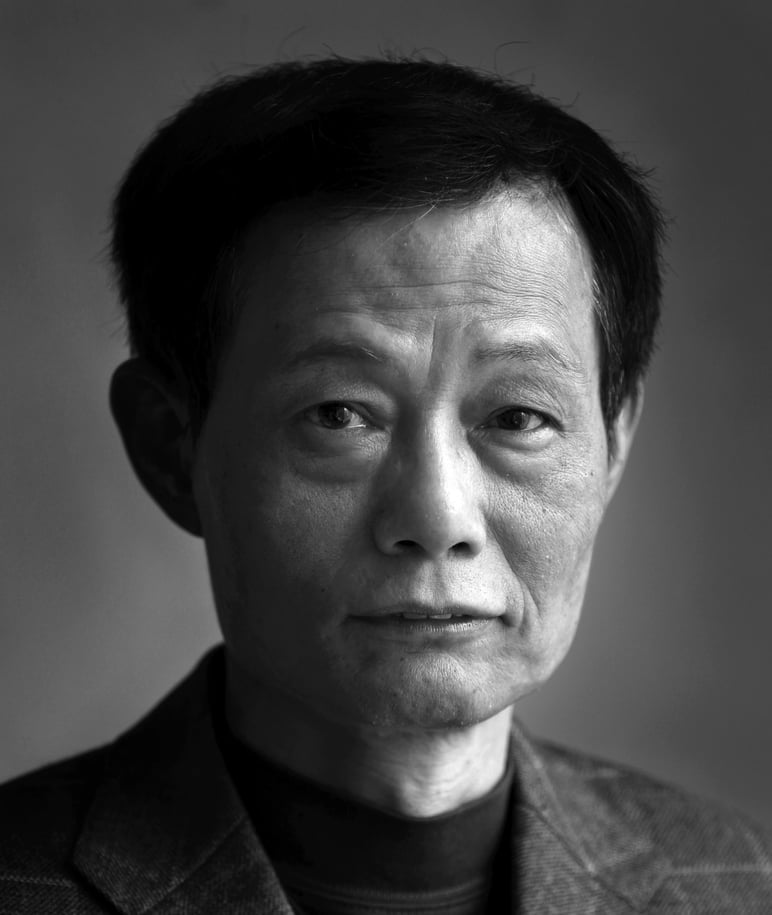
As North Korea tests US-China ties, Xi and Trump look to put the bilateral relationship first
Cary Huang says while Trump has made a point with strikes on Syria and warships in the western Pacific, Xi’s reference to a ‘thousand reasons’ to get relations right shows China is aware of the need to rein in Pyongyang
The first face-to-face meeting between US President Donald Trump and President Xi Jinping (習近平), at Trump’s private estate in Florida, was designed as an informal, get-to-know-you, kind of diplomacy.
Watch: Trump says he has developed a friendship with Xi
The summit at the US president’s Mar-a-Lago estate apparently failed to reach concrete agreement on the North Korea issue, as Trump told Xi that Washington is “prepared to chart their own course”.
Some analysts viewed the timing of the US strike on Syria as no coincidence, seeing it as a prod to China to do more to dismantle Kim Jong-un’s nuclear programme, or a blunt message to Xi that the US might act soon, even without more robust Chinese help.
China has opposed all US military operations overseas, including those in the Middle East, such as its intervention in Libya in 2011 and the Iraq invasion in 2003.
The US strike on the Shayrat air base in central Syria also lent credibility to Washington’s other warnings to China, that it would take a tough stance on the Chinese military’s assertive activities, whether in the South and East China seas or Taiwan.
There is no room for China to maintain a bystander-like neutral stance, as the war would be on its doorstep
Therefore, there is no room for China to maintain a bystander-like neutral stance, as the war would be on its doorstep.
North Korean ships return home with coal after China tightens sanctions
Cary Huang is a senior writer at the Post

